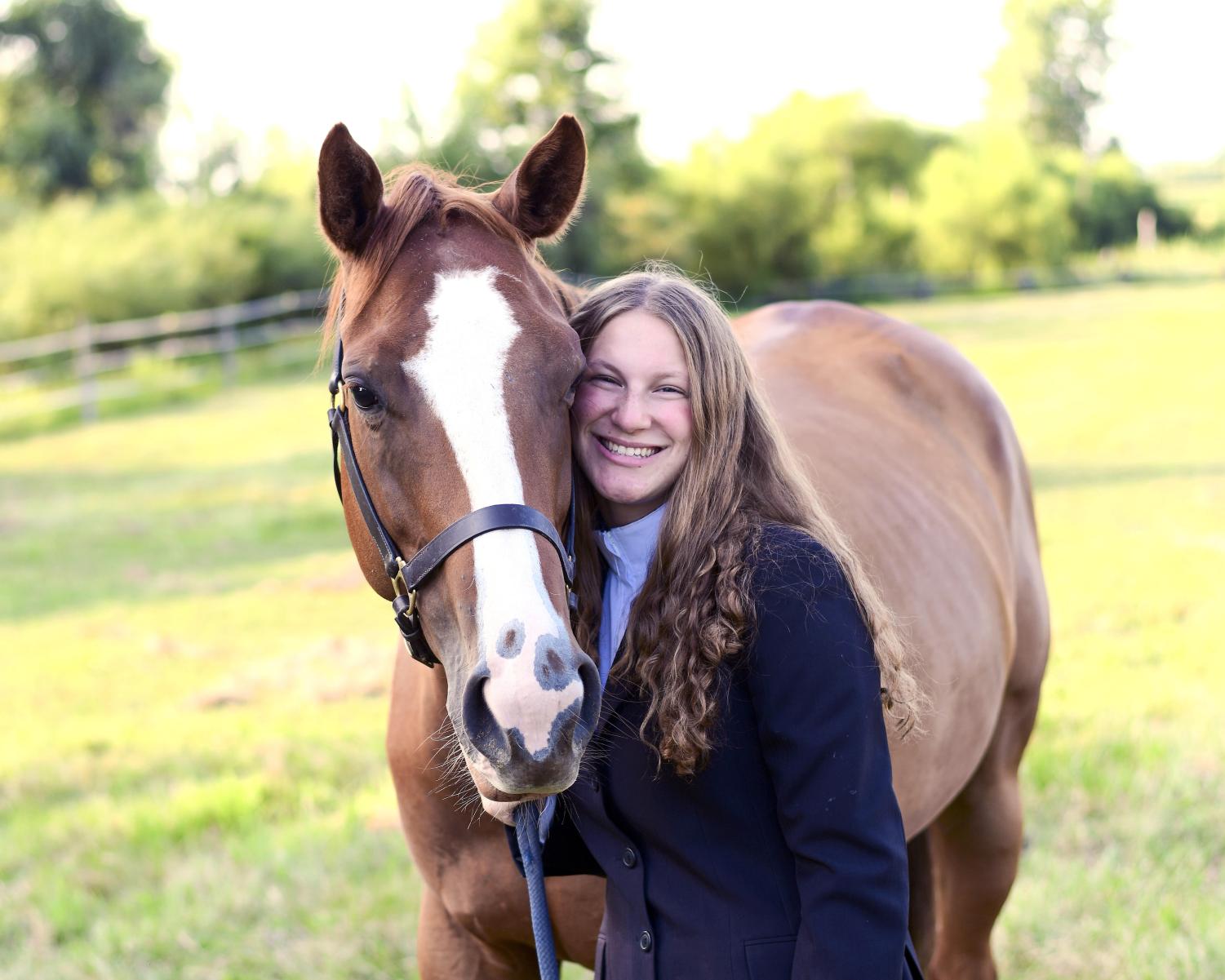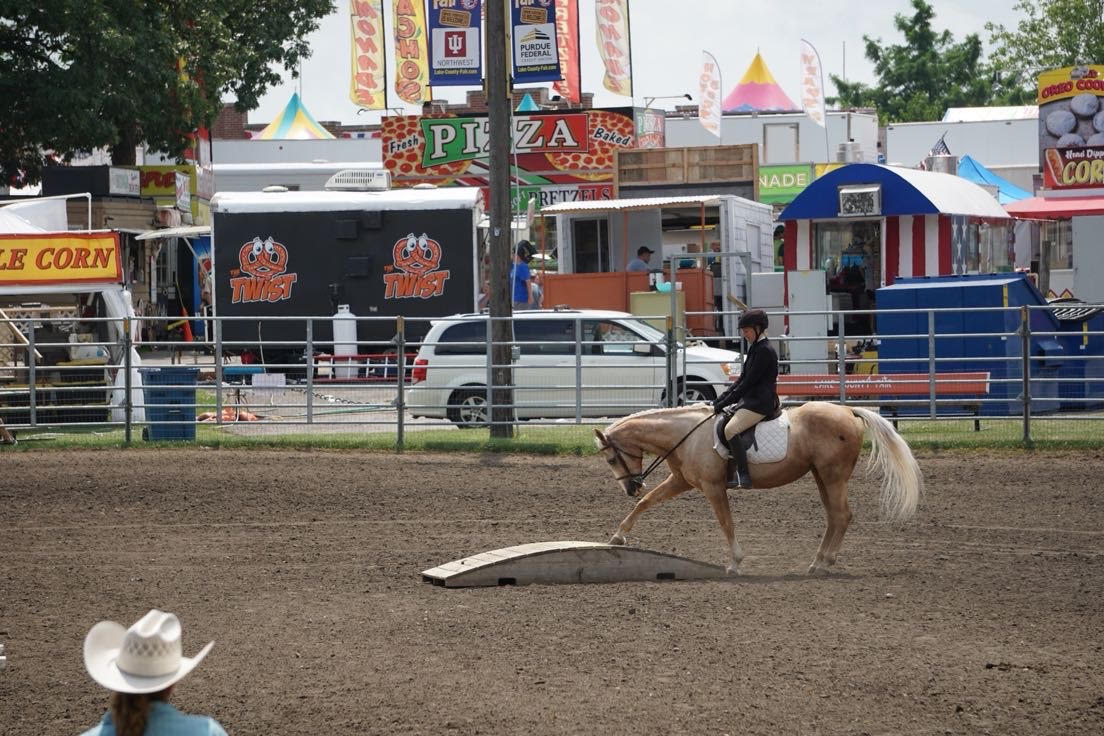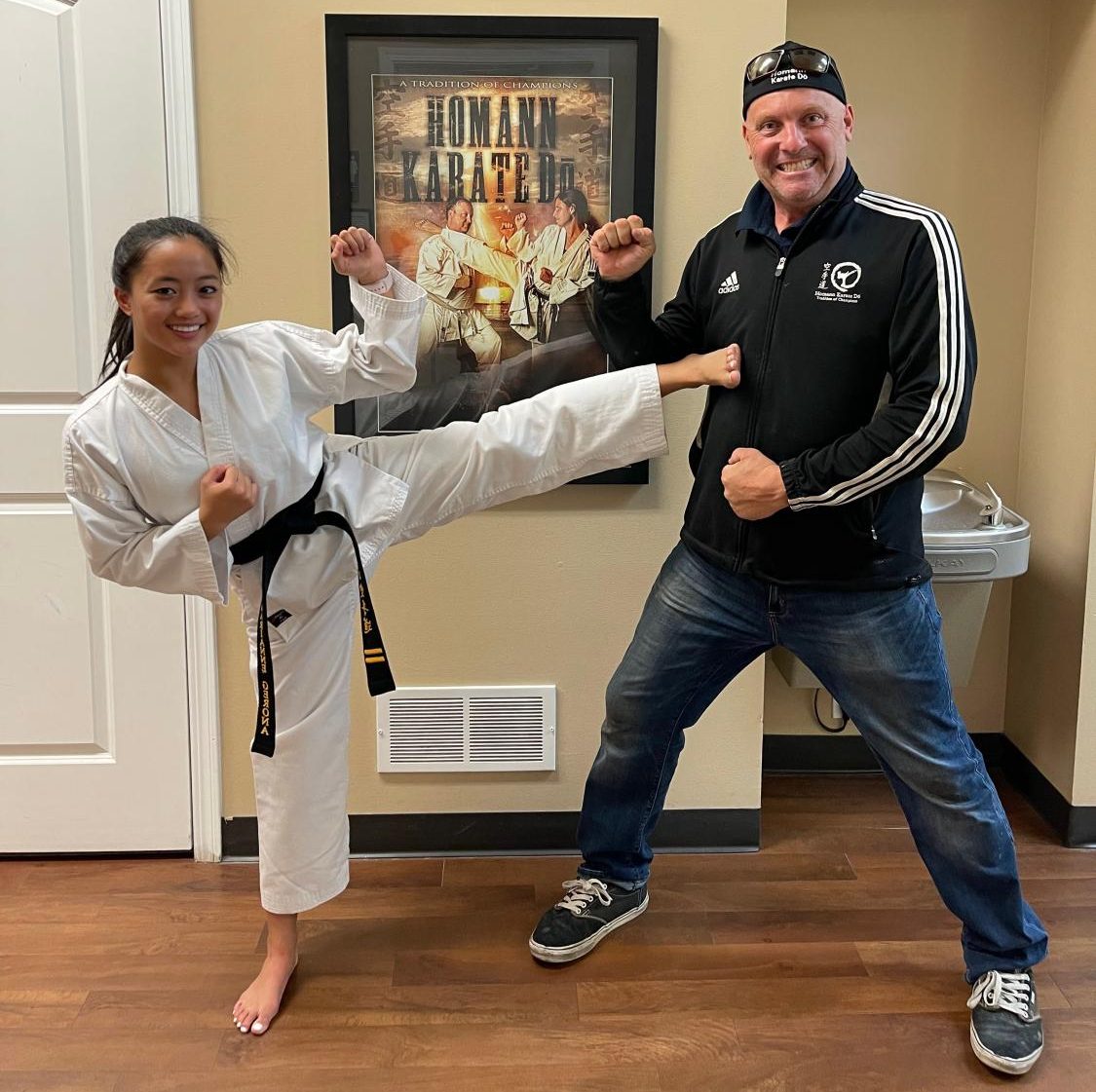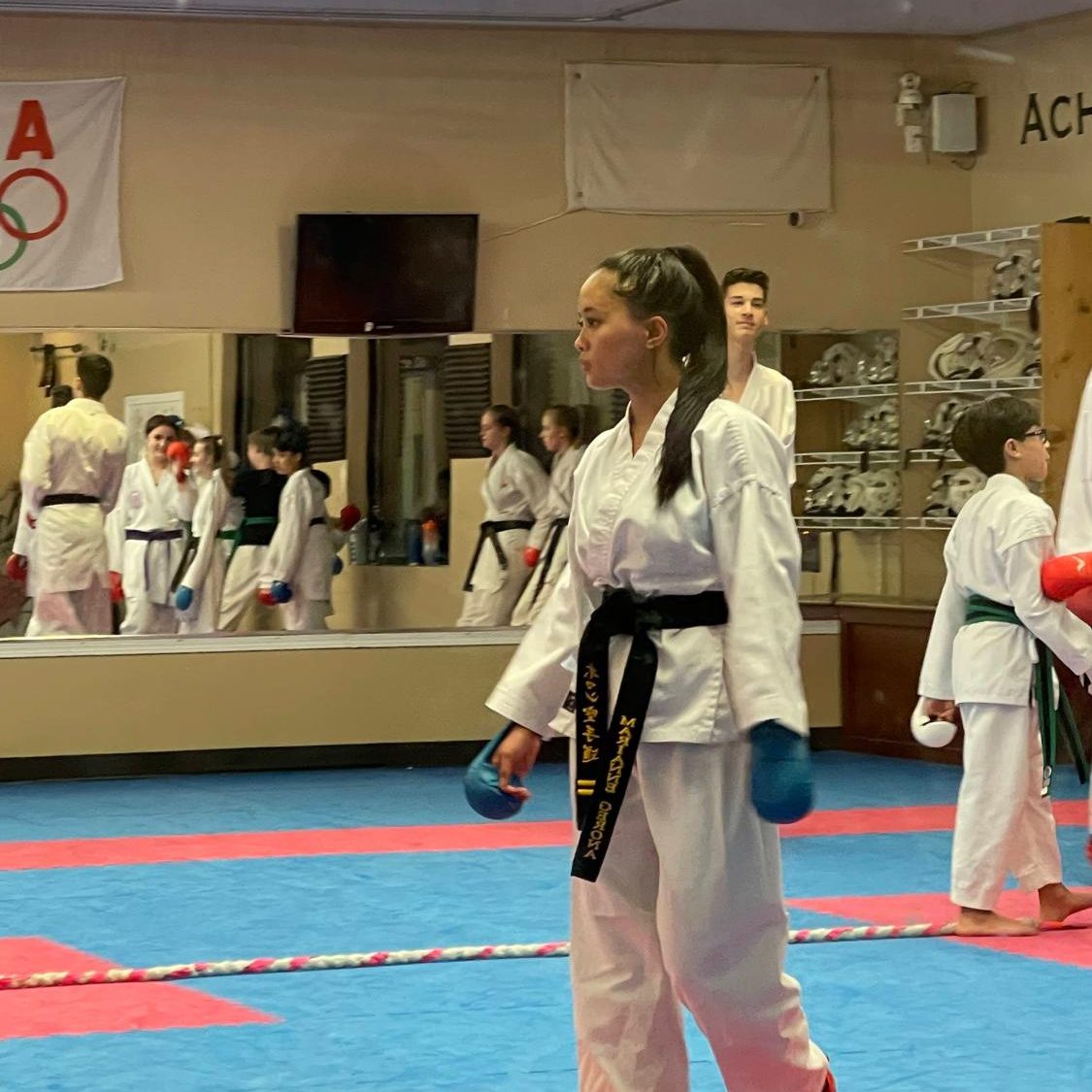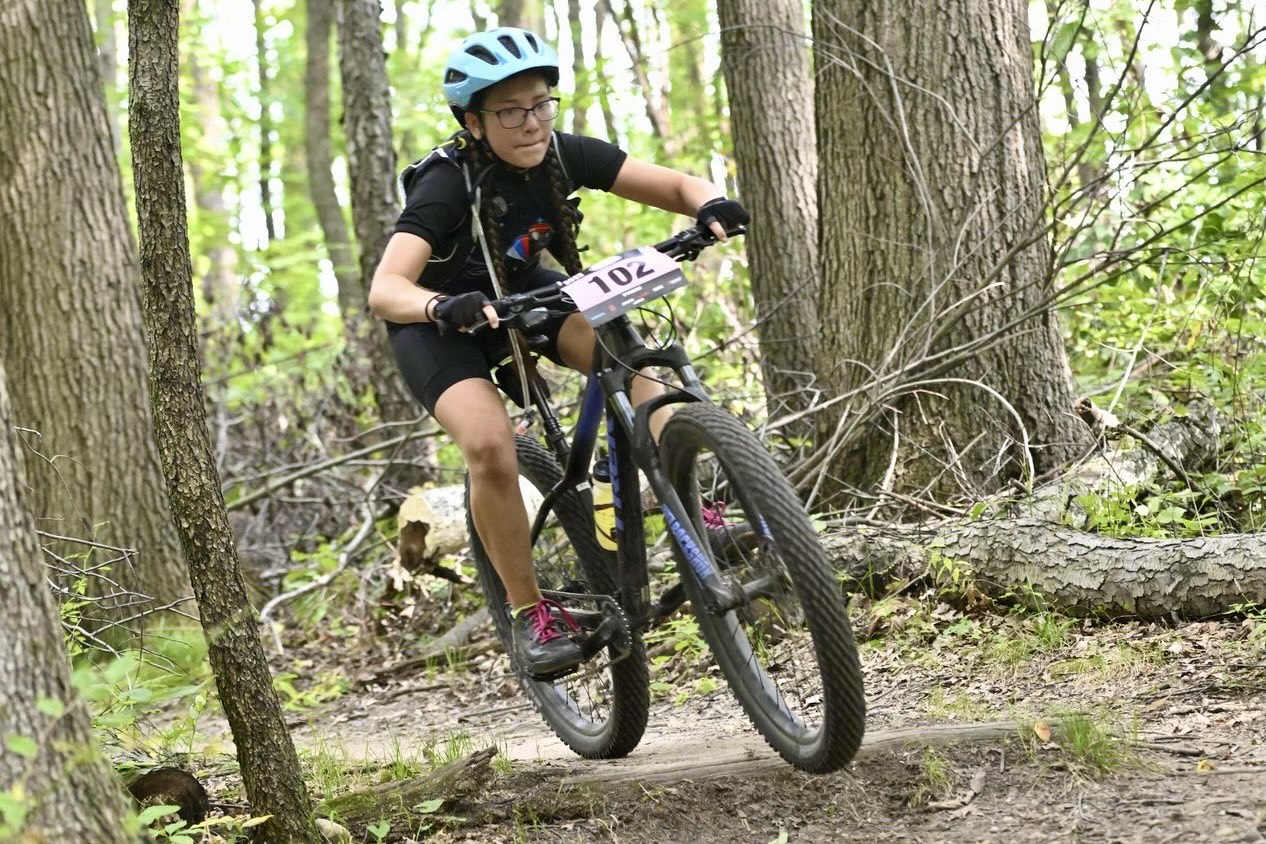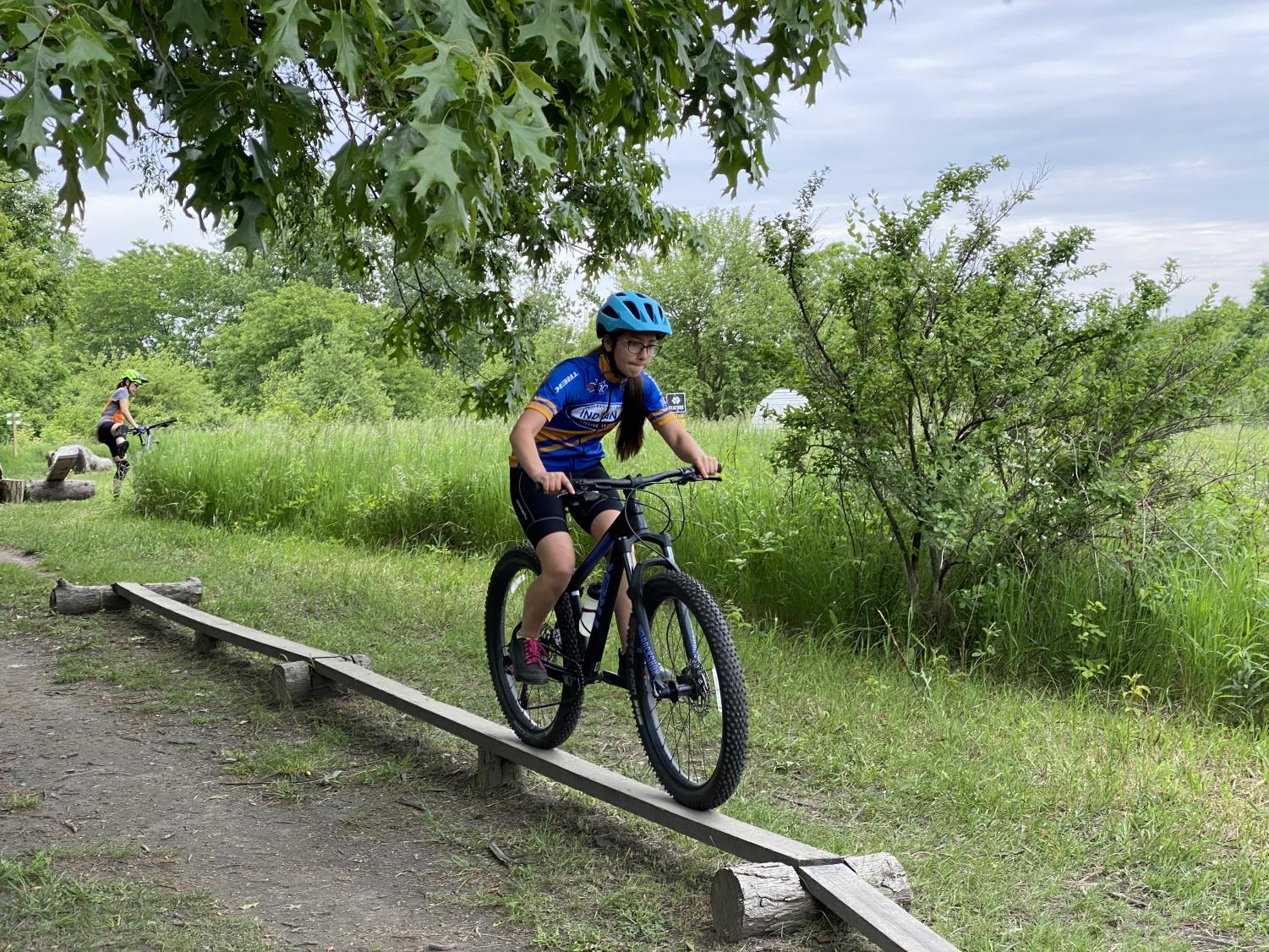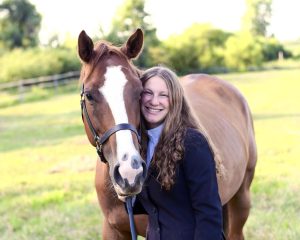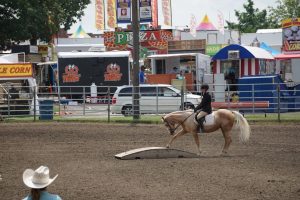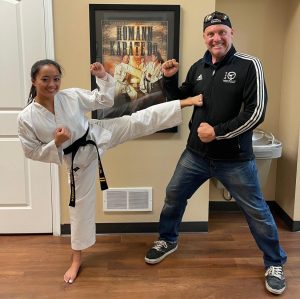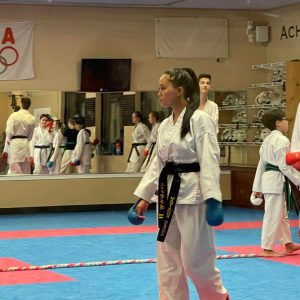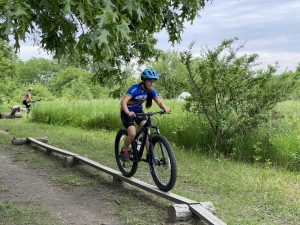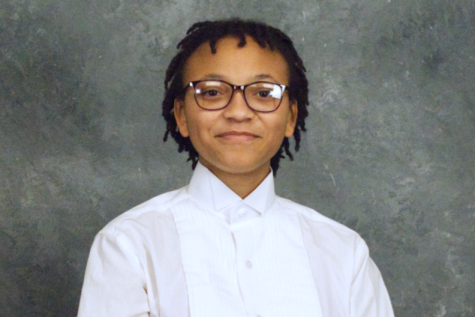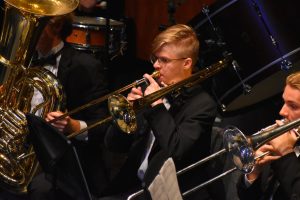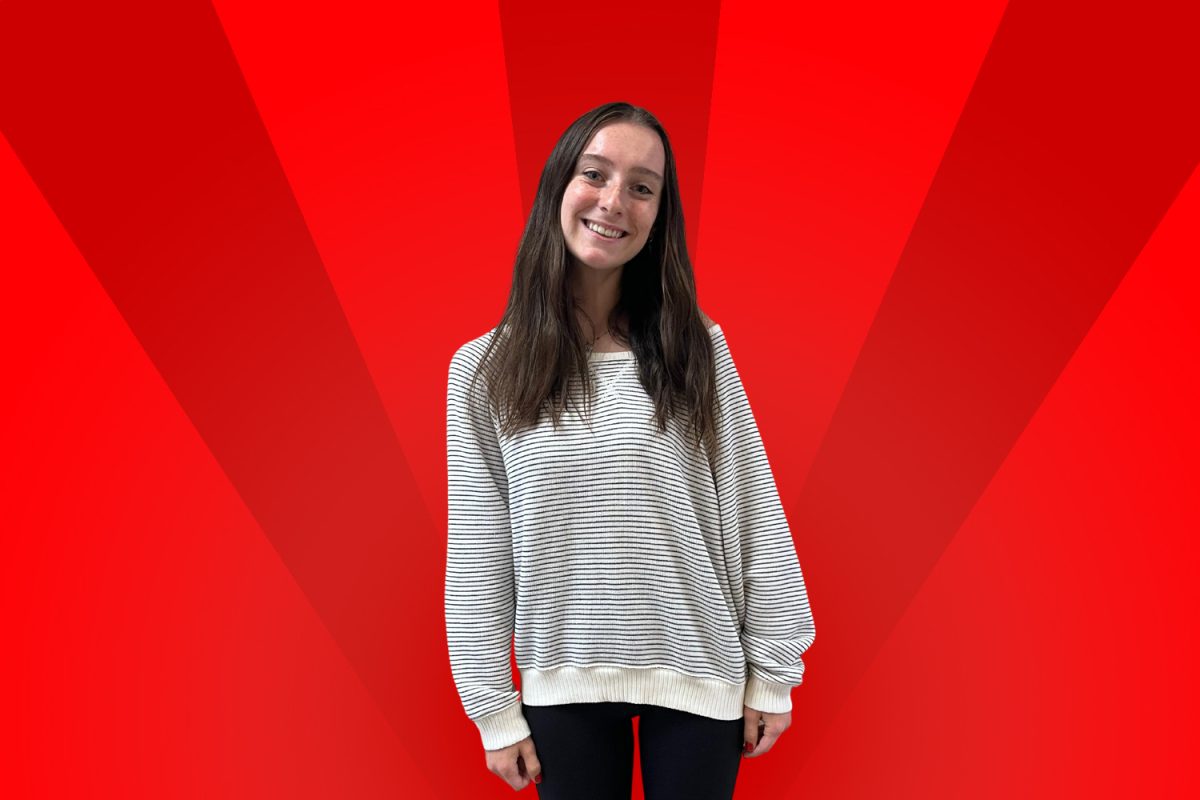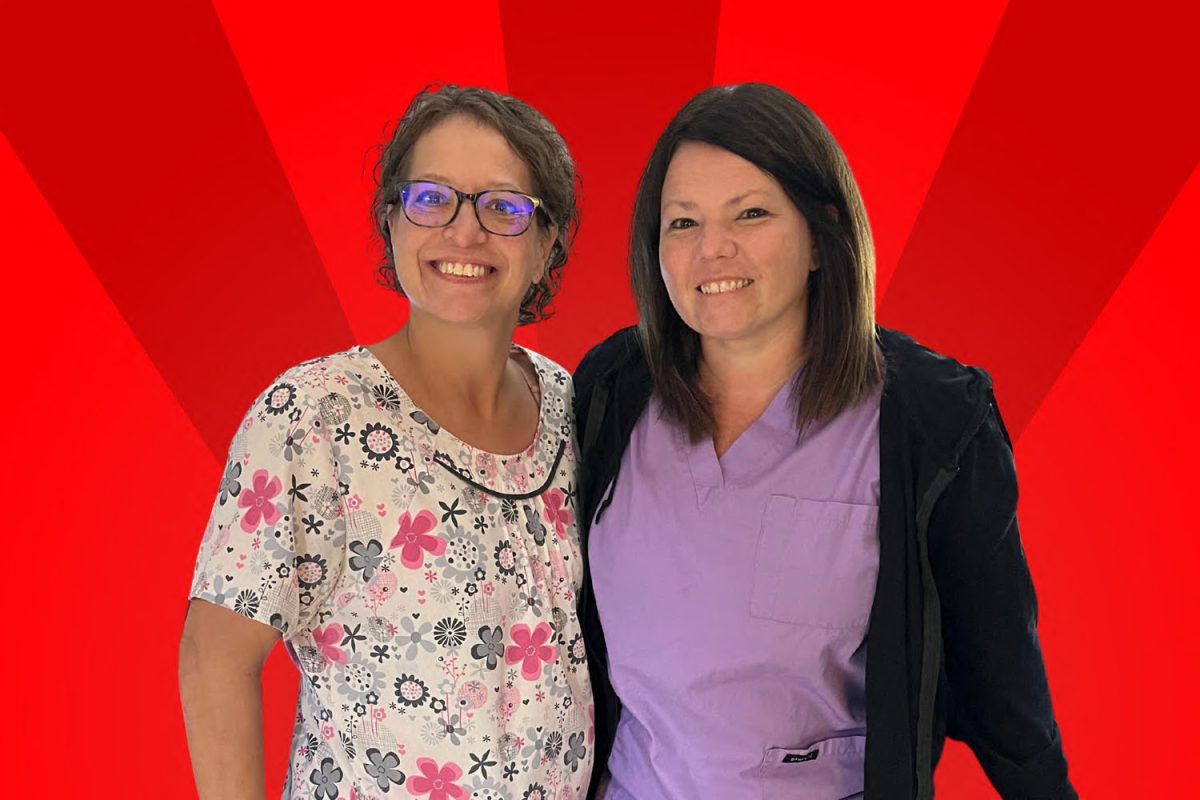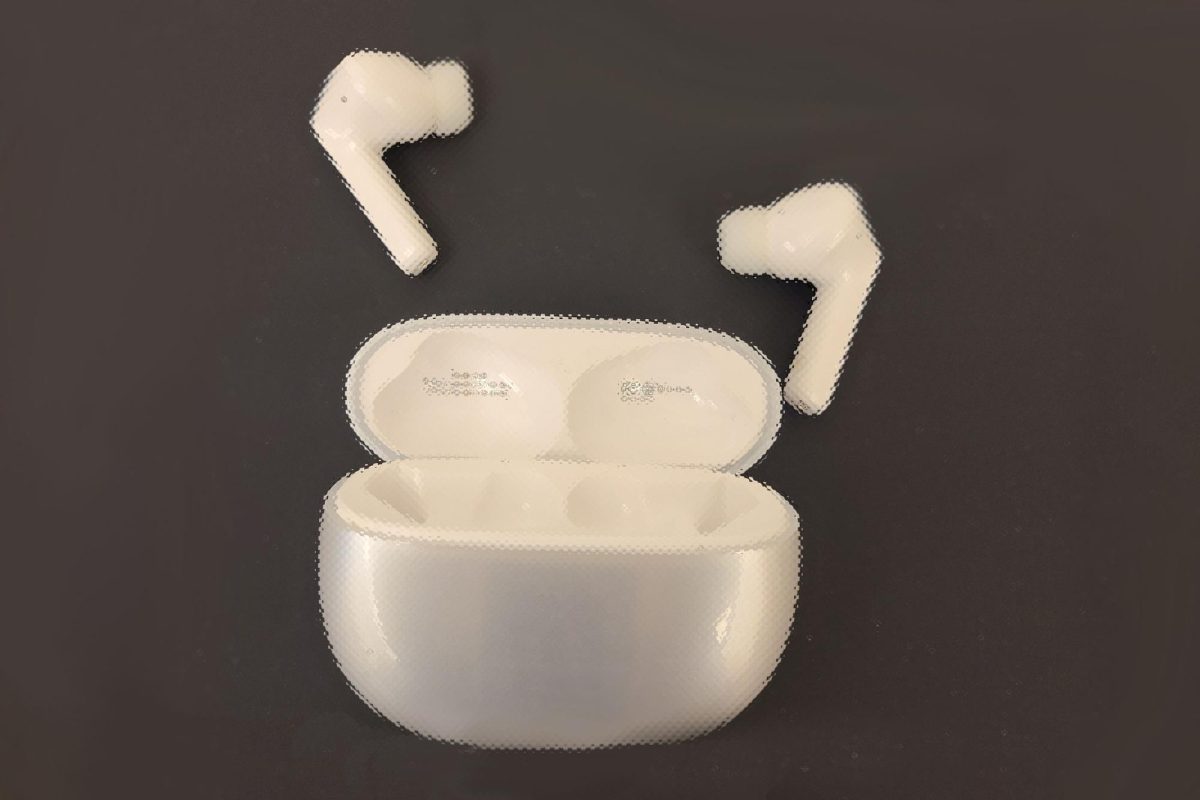Unordinarily Exordinary
CPHS students participating in unusual sports differing from the norm
February 3, 2023
Sports such as football, basketball and soccer are well represented and well known. However, many other sports often go under the radar and have difficulty finding accurate representation in schools and the media
Senior Marianne Gerona practices karate along with dance, and she observes many similarities between the different sports.
“For sparring, we normally do drills, whether that be front hand, back hand, punches or just practicing types of kicks. Reaction time is a huge part of karate. Kata, which is almost like a dance in a way, is a sequence of moves. For kata, you just run the kata over and over again until you perfect it and make it sharp. Then there’s so many things to think about with kata, your face, your projection and just being intense. That’s why I compare it to dance,” Gerona said.
Beneath the surface level similarities between the two sports is a deeper ingrained resemblance. Not only are the physical aspects alike, but also the competition itself.
“Kata is judged by judges, and for the competition that I was under, AAU, a lot of the judges are biased, and all of the judges came from the dojos that were competing so they would pick them,” Gerona said.
In order to compete in some sports, the athlete must focus on improving both their physical and mental abilities. Senior Samantha West is an equestrian, and she shares the importance of keeping a healthy mindset through her sport.
“Horseback riding requires lots of patience. You have to understand that it’s an animal you’re working with and that they don’t understand everything you’re saying. Miscommunication happens so easily, so it requires a lot of patience. And a lot of leg muscles for some reason. My calves kill every single time. You have to understand the risks that you’re taking and that you might get thrown off someday. And you just have to try to not do that,” West said.
There are natural risks that coincide with both independent sports and team sports. With that being said, the skills an athlete develops over time can help with the execution of the sport, and having family by their side can help make their experiences more enjoyable.
“Discipline, focus and accountability are essential,” Gerona said. “When I was competing, not only did you have to train in the dojo, but also outside of it. I know a lot of people who competed had something in their basement like a punching bag. My dad would put on some body padding so that I could punch and kick and he’d just fight me in my basement.”
Freshman Kaitlin Flewelling discovered her sport, cup stacking, through her family.
“I was homeschooled, so we had a lot of time to practice cup stacking during the day,” Flewelling said. “I definitely loved it. I loved meeting new friends there because when you go to random meets, you meet a lot of people.”
Lesser known sports and athletic activities typically cannot be advertised to the same extent as more popular sports. Junior Sarah Leitzel mountain bikes, and just as Flewelling found cup stacking from her family, she found out about mountain biking from her dad.
“I started mountain biking in 8th grade when my dad saw a flier at the truck store saying they were starting a youth mountain biking club. My dad asked me if I wanted to do that, and I wanted to give it a try. I’ve been doing it ever since and I love it,” Leitzel said.
Leitzel treasures the intrinsic value of her sport despite any obstacles she may face.
“I really love mountain biking and I’ll go anywhere,” Leitzel said. “We try and see if there are trails nearby. As far as competing goes, I really want to get stronger and faster. I really love the training, even though it’s hard.”
The experiences and time put into these sports can, at times, be translated over to other everyday activities. Being able to transfer life experiences into other tasks is a useful and amazing ability.
“Being strong mentally in my races helps me through tough problems in homework,” Leitzel said. “When I’m tired of studying, I’ll think, ‘well, if I can make it through a full race that’s long and incredibly hard, I can make it through this.’”
Though the concepts of being multifaceted and having talents for two different sports may seem ideal, the reality for Gerona is that she may have to sacrifice one of her sports for the other because of the physical commitment.
“If I do decide to do dance in college, I don’t think I would continue on with Karate,” Gerona said. “Karate has damaged my hips a lot because of kicking. But if I do decide not to join a dance team on a college level, then I would go back for sure. It is something I’ve debated.”
For Flewelling, this reality already occurred, as she had to choose between cup stacking and swimming her freshman year and decided on the latter.
“I miss doing it,” Flewelling said, “I miss the time spent at different meets. But, with swim, I don’t know if I’d be able to do it again.”
Lesser known sports can be lesser known for various reasons, such as difficulty, low or poor representation in media or some other factors outside of the sport itself. West explains that the reason horseback riding isn’t as popular as other sports is due to the financial costs.
“I think with horseback riding it would be really hard to incorporate it at the high school because we would have to have big money for that.” West said “But, I’ve considered making a club for equestrians. However, I feel like there’s not enough interest in that. I feel like a little bit of outreach would be kind of cool just to spread the word.”
Though some sports may not be offered by CPHS, students can still find a different outlet to practice their activity. West advises students who may be interested in horseback riding to find these outlets so that they can improve their skill set.
“I know plenty of people that think it’s cool and they want to go trail riding and stuff like that. To them, I would say to just do it. It teaches you different ways to move things because you don’t expect a human to be able to move a horse with just their legs. It teaches you random skills that you don’t ever really need to know but that are cool to know,” West said.
Picking up a new hobby, skill, and or sport may seem intimidating to some at first. Flewelling encourages others to persevere, despite any challenges that may come their way.
“Just keep trying,” Flewelling said. “You may initially fail, but in the end it will pay off.”


